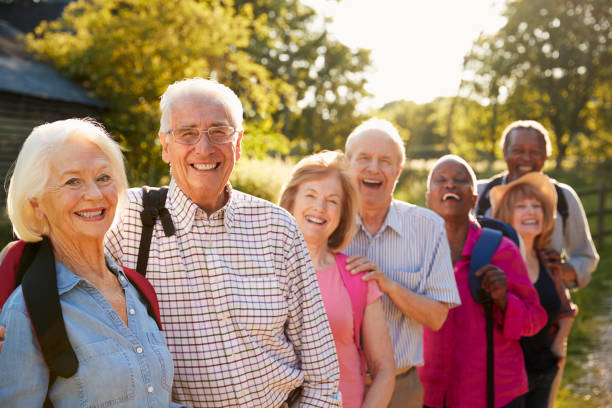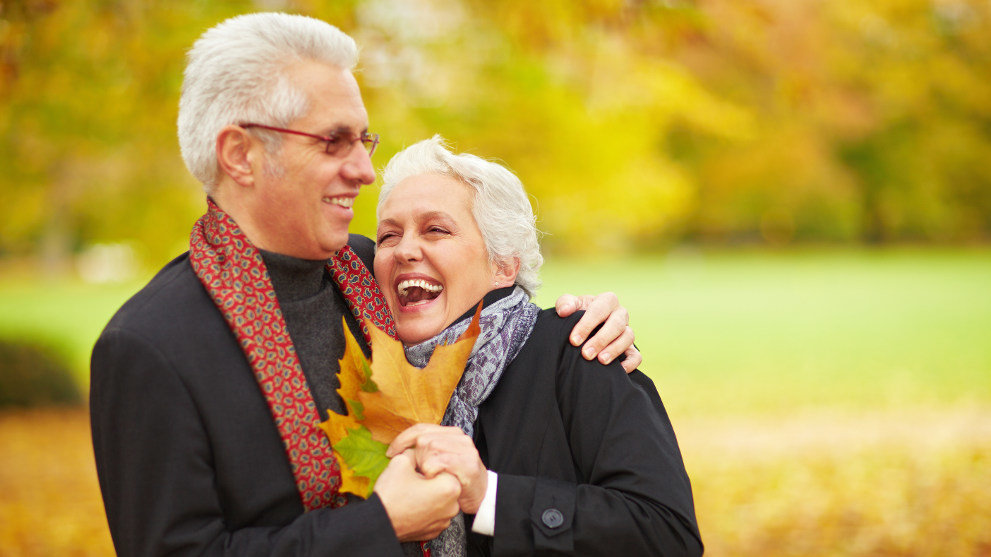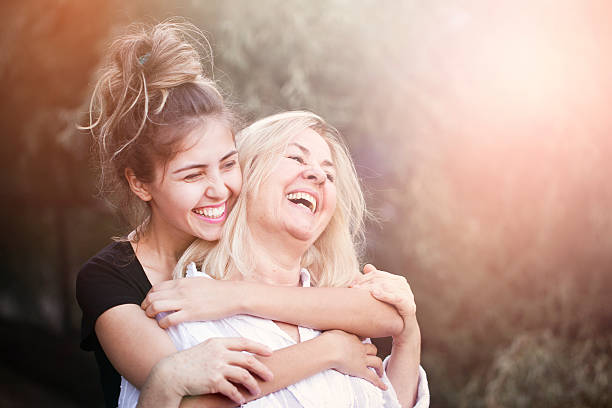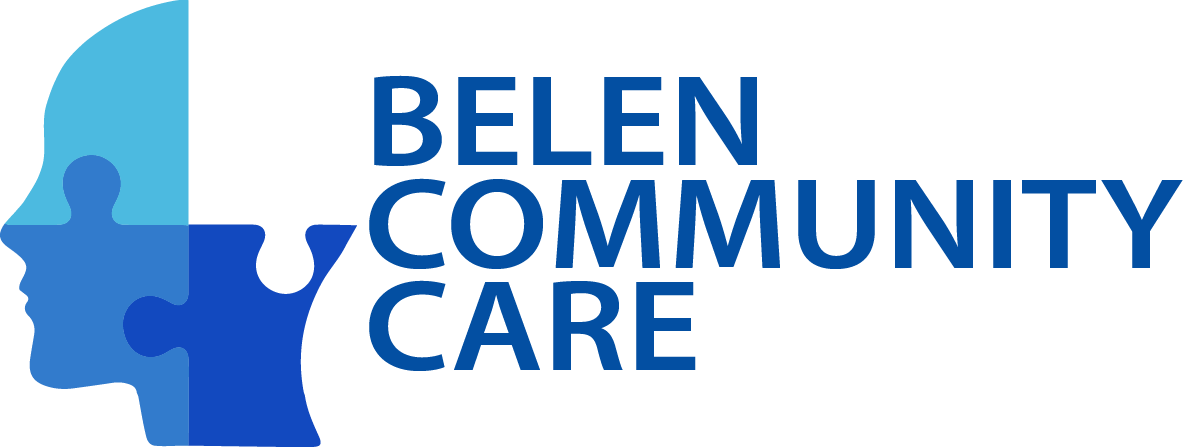
Numerous studies in the field of psychology analyse this phenomenon in terms of the well-being of the longest generations and as a guarantee for the future of young people. And it is that during the third age biochemical, physiological, morphological, functional, psychological and social changes take place in the individual, as a result of the passage of time; changes that many times are ignored by the rest of the family or the society in general.
Older adults are forced to face situations such as retirement, the loss of loved ones or the impossibility of carrying out certain activities that they used to do with ease, which together with rejection and mistreatment can generate situations of psychosocial trauma. It is precisely at this stage where the individual needs more attention and why not? empowerment of actions that can still be carried out without too much physical effort, with the aim of reminding him of the important role he still plays.
It is contradictory that in societies where population ageing becomes a reality every day, the social discrimination of the elderly does not cease. This phenomenon is hitting the whole world with less and less pity, especially in the most industrialized and technologically advanced countries, societies that see their potential in young people, while reserving for older adults retirement coupled with oblivion.

Loneliness, the great enemy
Experts agree that loneliness is one of the great enemies of old age. Specifically, more than one and a half million elderly people – 22% of the total – live alone in our country. “Sometimes this loneliness is imposed and it is painful because a loved one, usually the spouse, has been lost. But even in these cases, these people are fortunate enough to be able to go to different associations of older people, cultural centres or other organisations where they offer from memory workshops to courses to learn how to use new technologies, physical exercise classes adapted to their age and conditions, painting activities, sewing, music… which will be attractive to them and which would serve as a stimulus to get to know other people with the same interests or situation.
Key factors for active ageing: what society should do for and by the elderly
Achieving a “culture of active ageing” requires the interaction of health, economic, physical, personal, behavioural and even social factors. In order to promote active ageing, public and private health and social systems should collaborate in health promotion and disease prevention, establishing nutrition and oral health education programmes and exercise programmes for the maintenance or recovery of mobility and strength.
Old age: the charm of ageing
Numerous studies in the field of psychology analyse this phenomenon in terms of the well-being of the longest generations and as a guarantee for the future of young people. And it is that during the third age biochemical, physiological, morphological, functional, psychological and social changes take place in the individual, as a result of the passage of time; changes that many times are ignored by the rest of the family or the society in general.
Older adults are forced to face situations such as retirement, the loss of loved ones or the impossibility of carrying out certain activities that they used to do with ease, which together with rejection and mistreatment can generate situations of psychosocial trauma. It is precisely at this stage where the individual needs more attention and why not? empowerment of actions that can still be carried out without too much physical effort, with the aim of reminding him of the important role he still plays.

It is contradictory that in societies where population ageing becomes a reality every day, the social discrimination of the elderly does not cease. This phenomenon is hitting the whole world with less and less pity, especially in the most industrialized and technologically advanced countries, societies that see their potential in young people, while reserving for older adults retirement coupled with oblivion.
Loneliness, the great enemy
Experts agree that loneliness is one of the great enemies of old age. Specifically, more than one and a half million elderly people – 22% of the total – live alone in our country. “Sometimes this loneliness is imposed and it is painful because a loved one, usually the spouse, has been lost. But even in these cases, these people are now fortunate enough to be able to turn to different associations of seniors, cultural houses or other organizations where they offer everything from memory workshops to courses to learn how to use new technologies,
if you want to know more information visit our social networks @adultcounselingcenter99
Leave a reply











Leave a reply